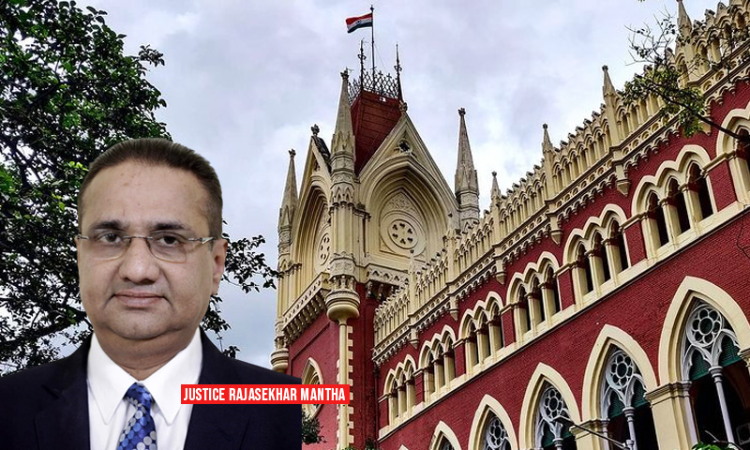Territorial Limitations Of Section 160 CrPC Apply Even To CBI Investigations: Calcutta High Court
Aaratrika Bhaumik
5 Feb 2022 10:59 AM IST

Next Story
5 Feb 2022 10:59 AM IST
In a significant judgment delivered on Thursday, the Calcutta High Court has observed that the territorial limitations as envisaged under Section 160 CrPC must apply even to investigations being carried out by the Central Bureau of Investigation (CBI).The Court had accordingly directed the CBI to not take any coercive measures against Trinamool Congress Birbhum district president Anubrata...
